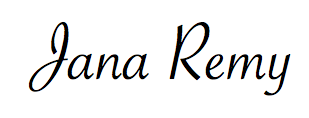
Now, do you think this ‘tells’ you something that a list of remedies wouldn’t? It certainly does highlight the fact that most remedies were an acidic solution that was mean to be gargled by the patient. But what else does it tell you (other than that I am a geek)?
(Note: a larger image can be found by clicking the image above or on this text)




